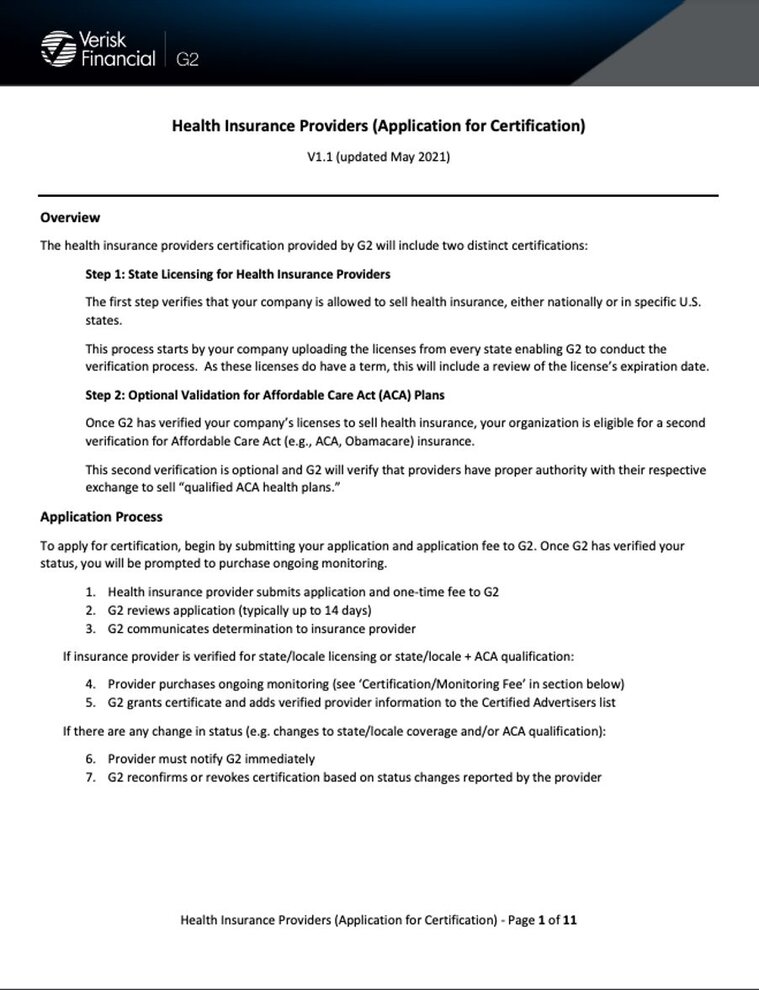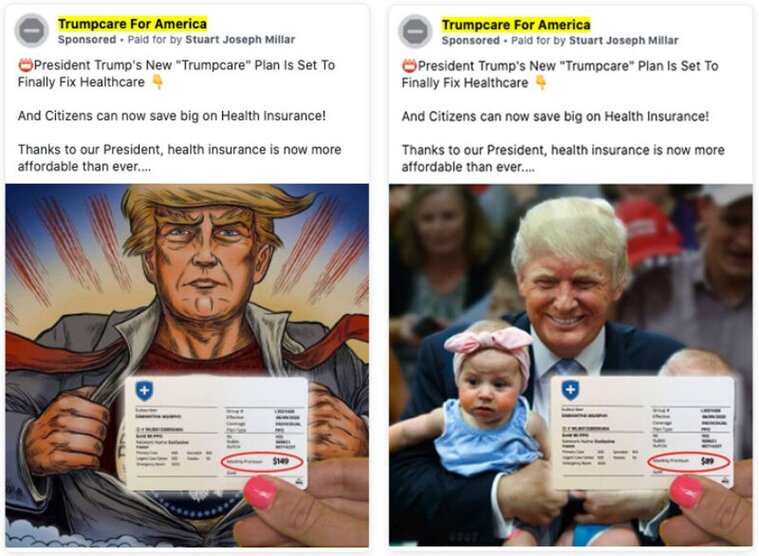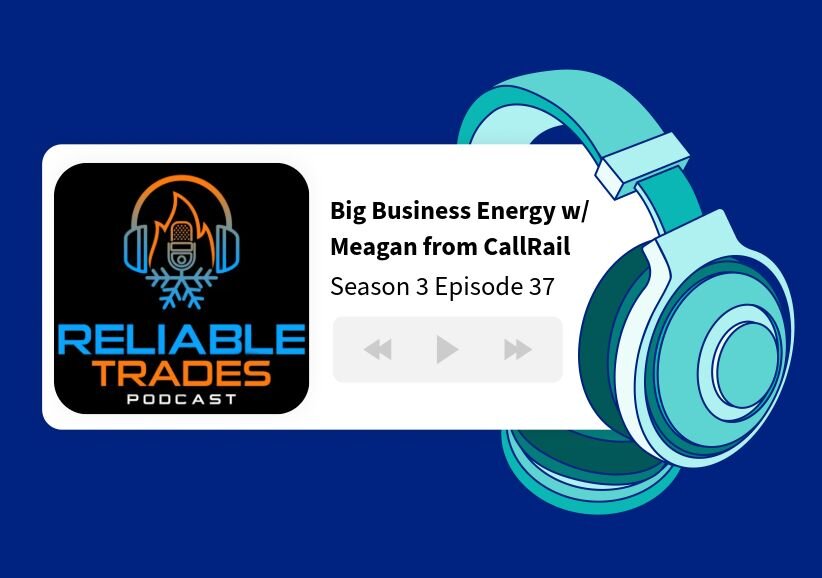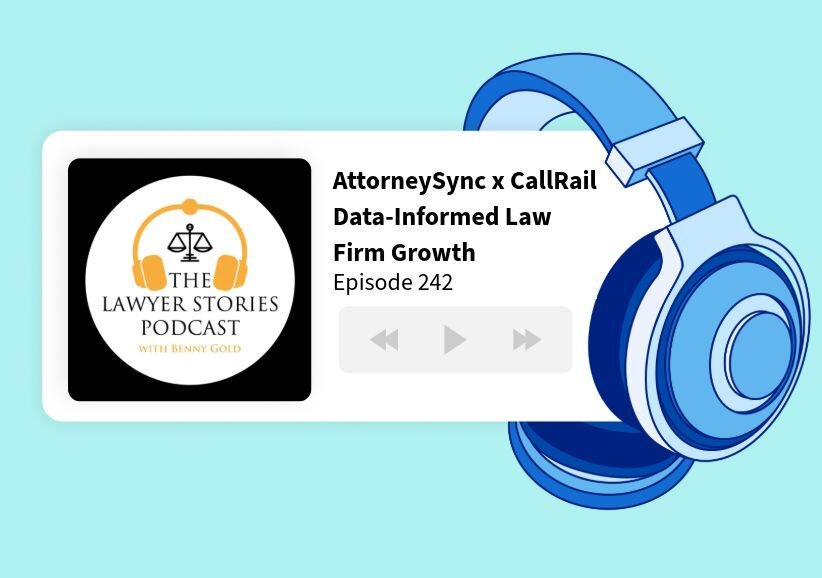Starting June 2nd, 2021, all U.S. health insurance providers will have to be certified by G2 (a Verisk Analytics business and leading global provider of merchant risk management solutions) to run Google Ads. Google has required all pharmaceutical companies to gain a similar certification for a while now, so this recent news should not come as a surprise.
The certification seeks to ensure that all health insurance providers advertising on the platform are legitimate. In other words, they’re legally permitted to sell health insurance in the state in question.
What else do you need to know? Read on to find out.
What is the certification?
The certification, which is provided via the G2 website, has been introduced to guarantee that only government exchanges, first-party providers, and licensed third-party brokers can advertise health insurance on the Google Ads platform.
It requires health insurers to prove three key facts:
- That they are indeed legitimate health insurers;
- That they’re permitted under state and/or local laws to sell health insurance;
- If they are/aren’t registered with the U.S. government to sell/promote Affordable Care Act-compliant health plans.
This certification covers insurers looking to sell plans for individual health insurance coverage, short-term coverage, and/or Medicare.
If you’ve got all your paperwork in order and your ducks in a row, the application will be a super simple process. There’s nothing to worry about. Well, only filling in the paperwork and paying a one-time fee — but that’s it.

Why has it been introduced?
Health insurance scams are bad news — but big business. The National Health Care Anti-Fraud Association conservatively estimates that health care fraud costs the U.S. approximately $68 billion annually. Other estimates are even more damning, putting this figure as high as $230 billion.
Much of this fraud obviously relates to deceitful individuals gaming the system (as opposed to untrustworthy companies scamming people out of their money). However, Google’s recent announcement marks their commitment to clamping down on rogue health insurance providers advertising on their platform.
Take “Trumpcare,” for example. Never heard of it? That’s not surprising — after all, it doesn’t technically exist. While some have taken to calling the American Health Care Act of 2017 ‘Trumpcare,’ the bill was far from its own health insurance policy. Instead, it merely mandated that health insurance companies should all provide the minimum levels of “essential coverage.”
Yet that didn’t stop health insurers (or traffic brokers working on their behalf) from falsely advertising ‘Trumpcare plans’ to lure would-be consumers in.

Source: ProPublica
Google is therefore looking to crack down on untrustworthy ads from questionable (or perhaps even illegitimate) health insurance providers.
Their recent blog post on the new certification put it as follows:
"When people come to Google with questions about healthcare coverage and insurance plans, we are committed to creating a high-quality ad experience – one where they’re connected to trustworthy providers, and the promotion is clear from the ad itself. This new certification creates an additional layer of protection on top of our longstanding misrepresentation policies, which prohibit advertisements with misleading claims about insurance plans or the advertiser’s affiliation with the government.”
How can my health insurance company apply?
There are three basic steps to submitting an accurate application.
First, you need to be a legitimate health insurance provider — though I doubt you’d be reading this blog if you weren’t.
Second, you need to have the following types of information to hand:
General business information
- Name
- Doing Business As (DBA) — the name under which a company operates if this is different from their registered name.
- Website
- Contact Info
- National Association of Insurance Commissioners (NAIC) and National Producer Number (NPN) Codes
Insurance license information
- Scanned License
- License Type
- License #
- Expiration
Note: you need to submit this information for each of the states in which you conduct business.
Qualification information
- Proof of ACA qualification (if applicable)
Third, you need to head to the relevant link on the G2 website, pay the necessary fees, and fill out the application form.
FAQs
Still hazy on the details? If so, don’t worry — keep on reading.
How much does the application cost?
There’s a one-time application fee to pay, though remember: if you run great PPC ads, you’ll rapidly earn back whatever you spend on acquiring the certification.
The costs depend on the number of states/locales (i.e. geographic areas) in which you operate:
- 0-20 licensed states/locales = $39 per state/locale up to 20
- 21-40 licensed states/locales = $780 + $29 per state/locale over 20
- 41+ licensed states/locales = $1360 + $19 per state/locale over 40
Does the process differ for third-party brokers?
In a nutshell, nope. Provided the third-party broker is appropriately licensed by the state/locale to sell health insurance, they go through the exact same application process.
How quickly will my company’s application be approved?
Barring any unforeseen issues (like making an error on your application), you should receive confirmation within 14 days or less. Given that this certification will be required from June 2nd, 2021 onwards — and that you can’t pay extra to expedite the process — you better apply ASAP.
What do I do if my company’s application is rejected?
If your application is rejected, you’ll receive an explanation stating why, plus a series of precise remediation steps to follow going forward. If you’d like additional information or support, get in touch with healthinsurancecertification@verisk.com
Don’t let admin get in the way of your Ads campaigns
Yes, this new certification is a bit of a pain. Not only do you have to submit the relevant paperwork, but you also have to pay a fee.
However, remember that the short-term annoyance will quickly subside, and you'll get to enjoy the long-term benefits of running successful Google Ads.
So remember to apply for your certificate as soon as possible — or risk disrupting your existing Ads campaigns.










